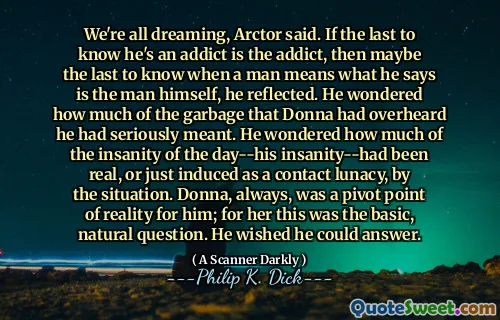If life was a dream, then dying must be the moment when you woke up. It was so simple it must be true. You died, the dream was over, you woke up. That's what people meant when they talked about going to heaven. It was like waking up.
In Ian McEwan's "The Daydreamer," a poignant idea emerges from the narrative: the concept of life as a dream and death as awakening. This philosophical reflection suggests that when one dies, the illusions and fantasies of life dissipate, revealing a clearer understanding of existence, akin to waking from a dream. The simplicity of this notion offers a profound comfort, framing death not as an end but as a transition to a more genuine reality.
The quote encapsulates the essence of what many believe about the afterlife, particularly the idea of heaven. It implies that entering this state represents a liberation from the complexities and trials of earthly life, transforming death into a serene awakening. This perspective resonates deeply with those seeking meaning in life's end, suggesting that there may be continuity beyond what is visible and known.

